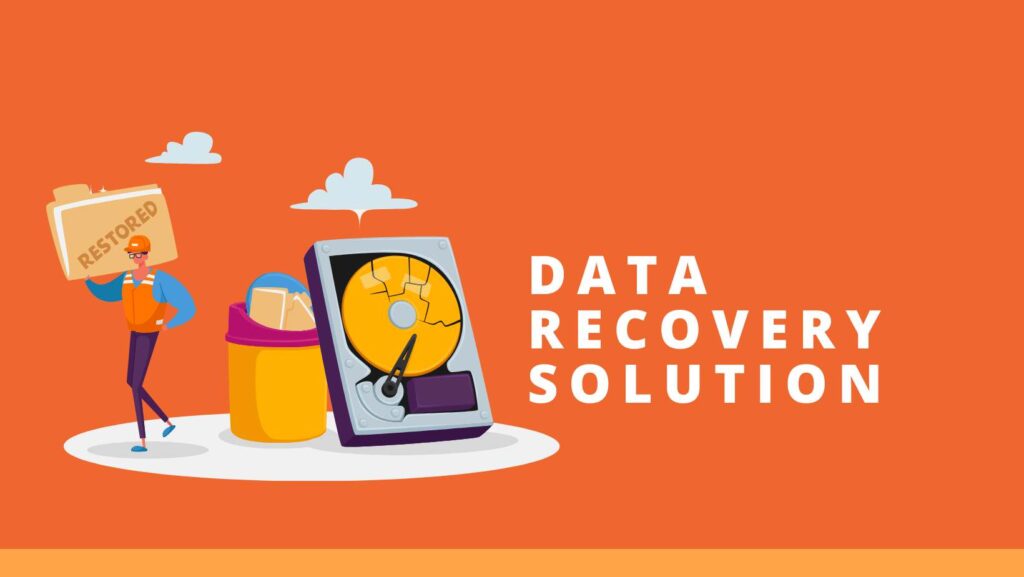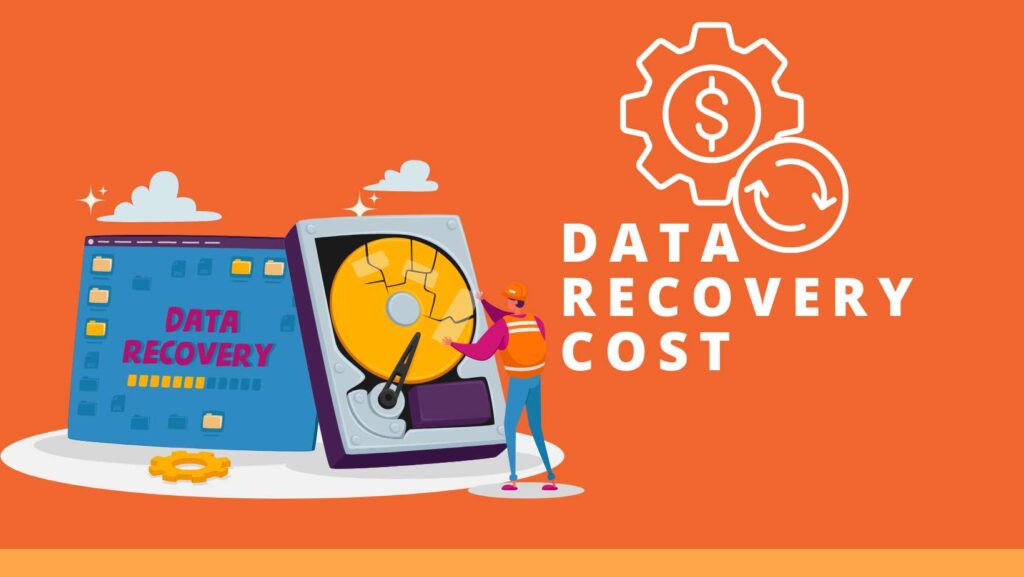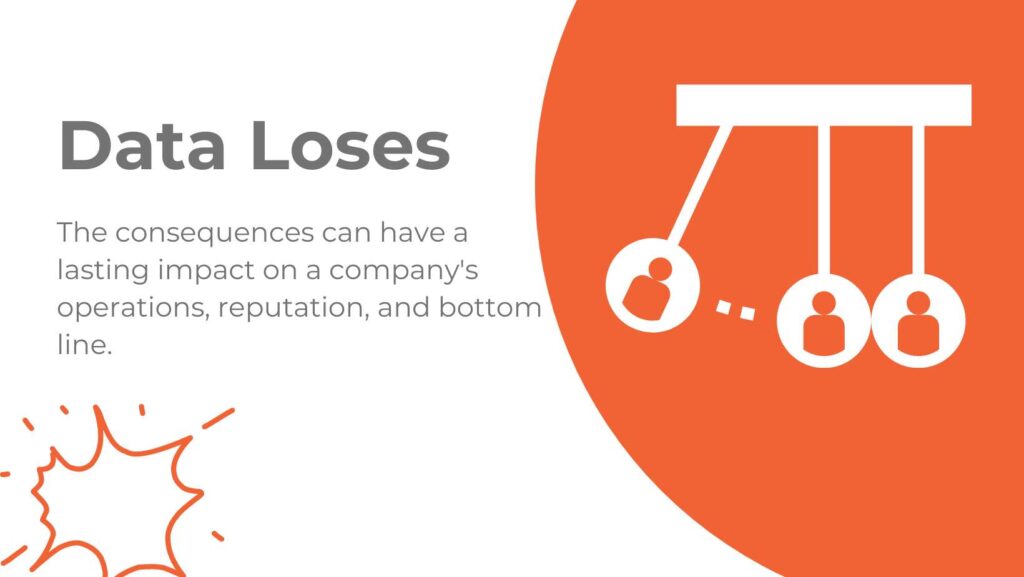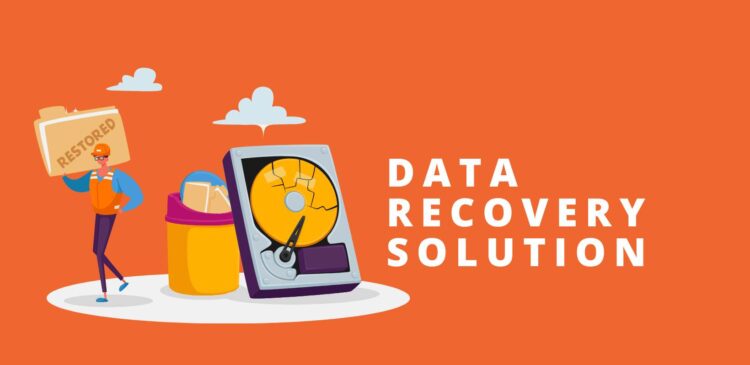Data Backup and Recovery Services | Avoid 4 Implications of Data loss
Data Backup and Recovery Services: Safeguarding Business Continuity
In today’s digital age, data is the lifeblood of businesses. Companies rely heavily on the information they collect, store, and analyze, from customer records to financial data. However, with the increasing volume of data and the growing number of cyber threats, data backup and recovery have never been more critical. The consequences of data loss can be catastrophic for businesses, leading to financial losses, reputational damage, and operational disruptions. This article explores the significance of data backup and recovery, the costs associated with data recovery, and the implications of lost data for businesses.
Data Backup and Recovery Services

The Importance of Data Backup and Recovery Services
Data backup and recovery refer to creating copies of data to protect against loss and the subsequent retrieval of that data in the event of a failure. This process is essential for ensuring business continuity, especially during unexpected events such as hardware failures, cyberattacks, natural disasters, or human errors.
Effective data backup strategies involve regularly creating and storing copies of critical data in multiple locations, including off-site or cloud-based storage solutions. This approach ensures that even if one copy of the data is compromised or lost, a backup is available to restore operations with minimal disruption.
Recovery is the next crucial step, where businesses must be able to quickly and efficiently restore lost data from their backups. The speed and success of this process can significantly impact a company’s ability to resume normal operations after a data loss incident.

Data Backup and Recovery Services
The Cost of Data Recovery for Businesses
While data backup is a proactive measure, data recovery is often a reactive process after a data loss event. The cost of data recovery can vary significantly depending on several factors, including the extent of the data loss, the complexity of the recovery process, and the technology used.
- Extent of Data Loss: The amount of data lost and its importance to the business can influence recovery costs. Recovering a large volume of data or susceptible information often requires more time, expertise, and resources, driving up costs.
- Complexity of Recovery: The complexity of the data recovery process depends on the nature of the data loss event. For instance, recovering data from a simple accidental deletion may be straightforward, while recovering data from a damaged or corrupted storage device or a sophisticated cyberattack can be more challenging and costly.
- Technology and Tools: The tools and technologies used in data recovery also affect costs. Advanced recovery techniques, such as those needed for recovering data from encrypted or severely damaged storage devices, can be expensive. Additionally, engaging specialized data recovery firms can increase costs but may increase the likelihood of successful recovery.
Data recovery costs can range from a few hundred dollars for simple cases to tens of thousands for more complex scenarios. However, these costs can escalate further if data loss results in significant downtime, lost productivity, or regulatory fines.

Data Backup and Recovery Services
Implications of Lost Data for Businesses
The implications of lost data for businesses extend far beyond the immediate financial costs of recovery. The consequences can have a lasting impact on a company’s operations, reputation, and bottom line.
- Operational Disruptions: Data loss can disrupt day-to-day operations, leading to delays, reduced productivity, and even a complete halt in business activities. For instance, if a company loses access to its customer database, it may be unable to process orders, respond to inquiries, or deliver services, leading to dissatisfied customers and lost revenue.
- Financial Losses: The economic impact of data loss can be substantial. Beyond the direct costs of data recovery, businesses may face losses due to downtime, lost sales, and regulatory penalties. Failing to safeguard customer data can result in hefty fines for companies subject to data protection regulations, such as the General Data Protection Regulation (GDPR).
- Reputational Damage: Losing sensitive customer information data can severely damage a company’s reputation. Customers, partners, and stakeholders expect businesses to protect their data. A breach or data loss incident can erode trust and lead to customer attrition, negative publicity, and long-term damage to the brand.
- Legal and Regulatory Consequences: Depending on the nature of the data lost, businesses may face legal and regulatory repercussions. Compliance with data protection regulations is mandatory in many industries, and failure to adhere to these requirements can result in legal action, fines, and other penalties.
Conclusion
Data backup and recovery are critical components of a comprehensive business continuity plan. While data recovery costs can be significant, they pale compared to the potential losses of lost data. Businesses must prioritize robust data backup strategies and ensure they are well-prepared to recover quickly from data loss incidents. By doing so, they can protect their operations, reputation, and bottom line, ensuring long-term success in an increasingly data-driven world.























